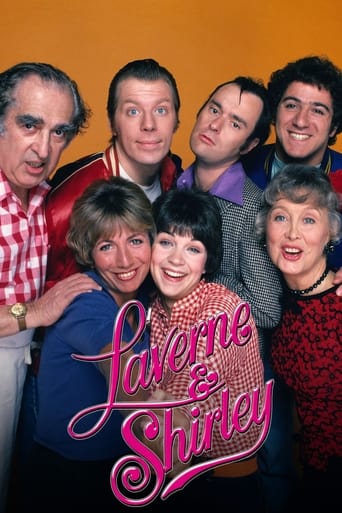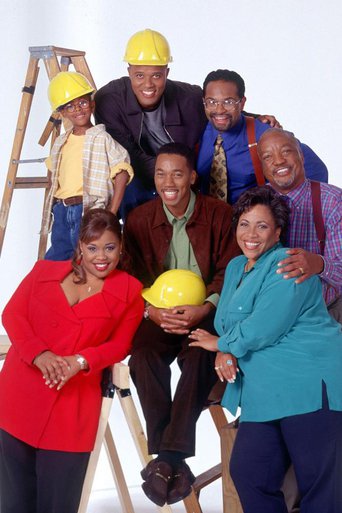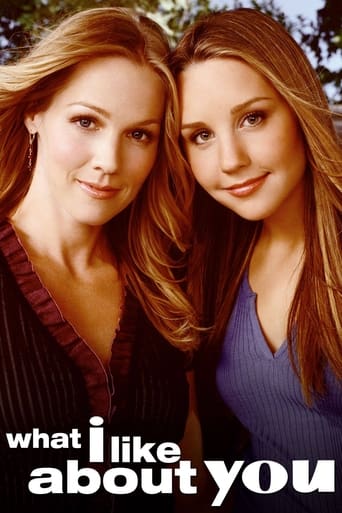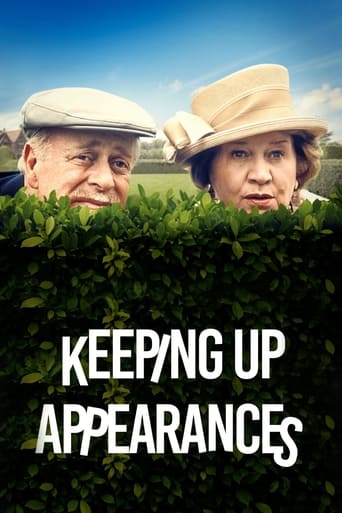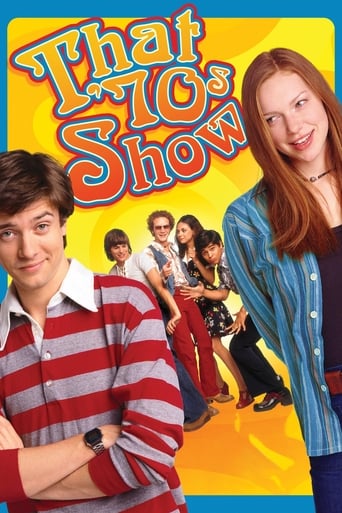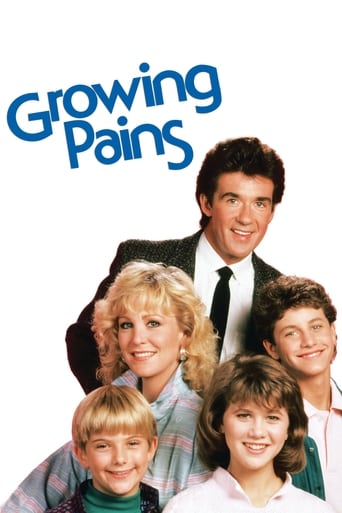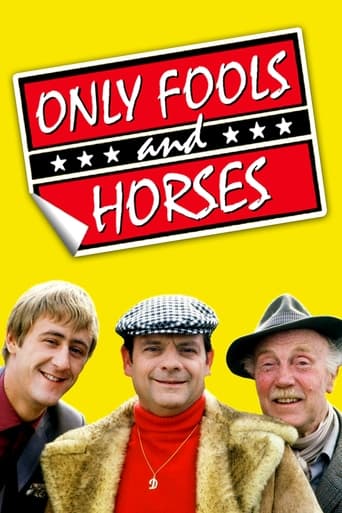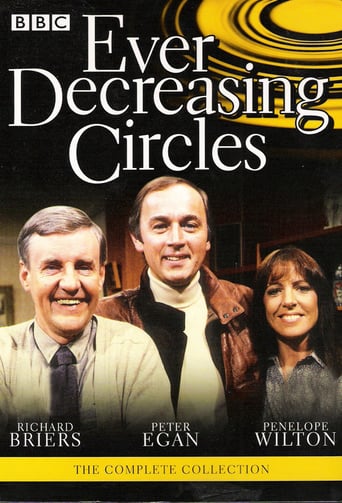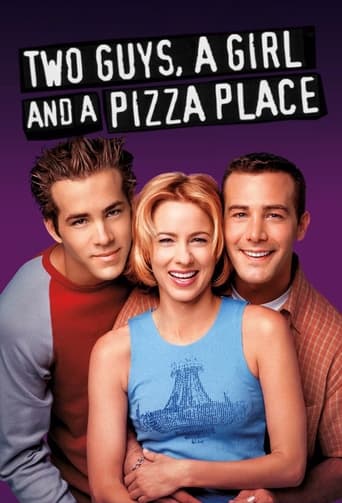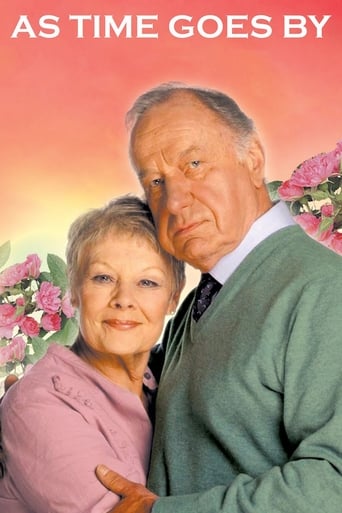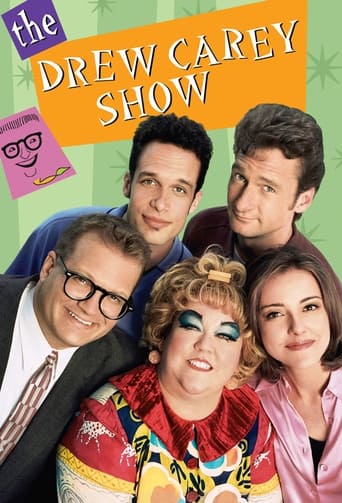Laverne & Shirley (1976)
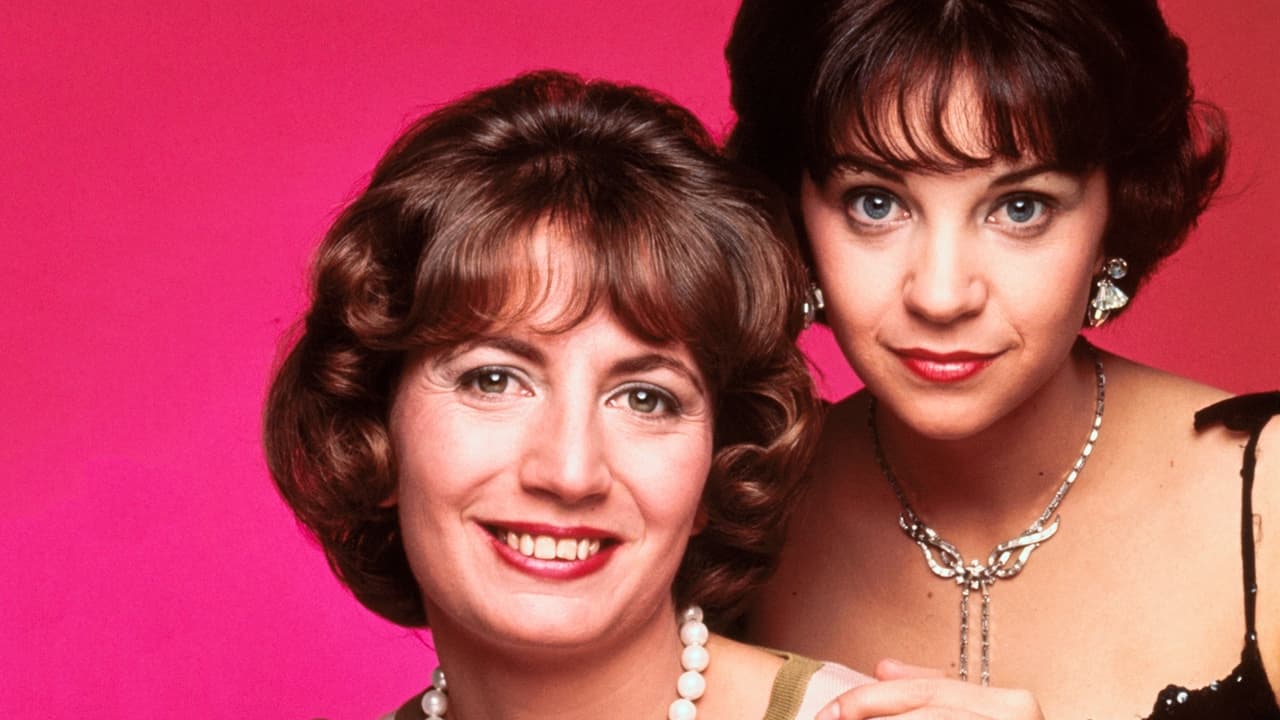
Laverne & Shirley is an American television sitcom that ran on ABC from January 27, 1976 to May 10, 1983. It starred Penny Marshall as Laverne De Fazio and Cindy Williams as Shirley Feeney, single roommates who worked as bottlecappers in a fictitious Milwaukee brewery called "Shotz Brewery." The show was a spin-off from Happy Days, as the two lead characters were originally introduced on that series as acquaintances of Fonzie. Set in roughly the same time period, the timeline started in approximately 1958, when the series began, through 1967, when the series ended. As with Happy Days, it was made by Paramount Television, created by Garry Marshall, and executive produced by Garry Marshall, Edward K. Milkis, and Thomas L. Miller.
Watch NowLaverne & Shirley
1976 / TV-G

Laverne & Shirley is an American television sitcom that ran on ABC from January 27, 1976 to May 10, 1983. It starred Penny Marshall as Laverne De Fazio and Cindy Williams as Shirley Feeney, single roommates who worked as bottlecappers in a fictitious Milwaukee brewery called "Shotz Brewery." The show was a spin-off from Happy Days, as the two lead characters were originally introduced on that series as acquaintances of Fonzie. Set in roughly the same time period, the timeline started in approximately 1958, when the series began, through 1967, when the series ended. As with Happy Days, it was made by Paramount Television, created by Garry Marshall, and executive produced by Garry Marshall, Edward K. Milkis, and Thomas L. Miller.
Seasons & Episode

Shirley marries Walter Meeney.


The girls agree to live in Bardwell's main show window for a weekend in order to demonstrate the 'House Of The Future'


While waiting to be booked at the police station for the bank robbery, Laverne and her new 'friend' are mistaken for murderers who were on the run. They are both sentenced to be executed at midnight that night.


When Laverne is convinced that she is jinxed after refusing to answer a chain letter, her friends send her a ""gypsy"" to help her.


Laverne's plan to restore her cowardly boyfriend's self-confidence backfires.


Laverne is convinced that the former trapeze artist she's been dating is out to kill her.


Laverne, upset with the way her life has been going, asks if she can stay at a convent for a couple of weeks to try and sort things out. The Mother Superior lets her stay but then asks her to leave when she has trouble keeping the vow of silence that all the other Sisters have taken.


Squiggy is mistaken for a Russion ballet dancer who is trying to defect to the United States.


Sgt. Plout once again shows up on Laverne's doorstep. This time she is pregnant and looking for a place to stay. Plout and Laverne enter a mothers-to-be contest and then go to a funeral home to pay their respect to one of Frank's buddies. While at the funeral home, Sgt. Plout goes into labor and delivers her baby.


Jealous of all the beautiful girls her new photographer boyfriend has to take pictures of, Laverne goes to a fashion show where he is working and ends up being one of the models in the show.


Laverne and the gang hold a seance to rid her apartment of a ghost that has taken up residence there.


Lenny and Squiggy find a treasure map and convince Frank and Carmine to go with them to search for gold.


Squiggy's bizarre sister, Squendolyn, arrives for a visit and ends up moving in with Laverne and falling for Carmine.

Laverne & Shirley is an American television sitcom that ran on ABC from January 27, 1976 to May 10, 1983. It starred Penny Marshall as Laverne De Fazio and Cindy Williams as Shirley Feeney, single roommates who worked as bottlecappers in a fictitious Milwaukee brewery called "Shotz Brewery." The show was a spin-off from Happy Days, as the two lead characters were originally introduced on that series as acquaintances of Fonzie. Set in roughly the same time period, the timeline started in approximately 1958, when the series began, through 1967, when the series ended. As with Happy Days, it was made by Paramount Television, created by Garry Marshall, and executive produced by Garry Marshall, Edward K. Milkis, and Thomas L. Miller.
Watch Trailer
Free Trial Channels


